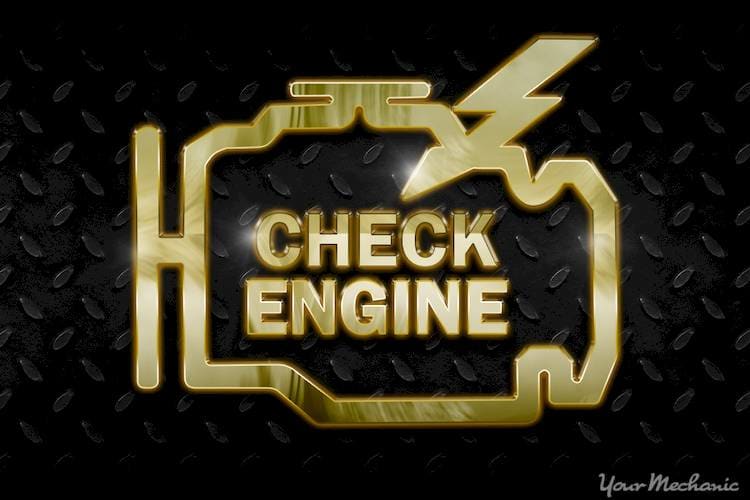P0723 code definition
The P0723 fault code is representative of the condition known as Output Speed Sensor Intermittent. Similar related codes include P0720, P0721, and P0722, which may all indicate a problem with the OSS (output speed sensor) or ISS (input speed sensor).
What the P0723 code means
P0723 is the OBD-II code which indicates an intermittent, erratic, or otherwise abnormal signal produced by the transmission’s output speed sensor (OSS). This sensor sends information to the PCM (powertrain control module), or in some vehicles, to a dedicated TCM (transmission control module) regarding rotational speed of the output shaft. Proper OSS function is crucial because if the signal is faulty, the transmission cannot shift appropriately.
While each OSS design varies, in most cases the PCM detects erratic behavior by measuring how long the signal remains at a certain level of RPMs. If this level is maintained at too high of a level for too long, or changes in a way other than expected, the P0723 code will be triggered.
What causes the P0723 code?
Common causes of this fault code include:
- A faulty output speed sensor
- A faulty input speed sensor
- Shorted or otherwise damaged wiring or connectors
- A faulty shift solenoid
- A faulty engine temperature sensor
- A damaged valve body
- Contaminated or dirty transmission fluid
What are the symptoms of the P0723 code?
The Check Engine light typically comes on, and there may be perceptible symptoms such as rough or absent shifting, decreased fuel efficiency, speedometer inaccuracy, stalls or hesitation, and/or engine misfires.
How does a mechanic diagnose the P0723 code?
As with most repairs, the diagnostic process begins with pulling stored codes and freeze frame data using a specialized scanner. If there are other codes present, these should be addressed in the order they occurred. The codes will then be cleared and the vehicle test driven to see if the code returns.
A technician will visually inspect the wiring and involved components, as well as check the transmission fluid for debris. They will then use a voltmeter to measure the reference voltage and ground signal at the OSS. If one of these circuits is open, the mechanic will then check for continuity and resistance in the circuits.
If everything else is determined to be functioning correctly, your mechanic may use an oscilloscope to live monitor the transmission output speed sensor data. Most often, the output speed sensor itself needs replacing, or there is a bad connection in the circuit.
Common mistakes when diagnosing the P0723 code
Due to the complexity of the transmission system, it’s easy to misdiagnose the OSS problem as a transmission or engine malfunction. The VSS (vehicle speed sensor) is also frequently mistakenly replaced in this situation.
How serious is the P0723 code?
This fault code can cause significant drivability problems, which may lead to further damage to the vehicle. It’s crucial to avoid driving as much as you can until you can have the repair made.
What repairs can fix the P0723 code?
Repairing the P0723 code may include the following steps:
There are a number of things to take into consideration when faced with a speed sensor malfunction. The OSS doubles as the VSS (vehicle speed sensor) in some vehicles, so you want to be sure whether you have one or both before attempting repairs. In addition, some vehicles are equipped with a TFT (transmission fluid temperature) sensor, and if this sensor experiences a fault, it can trip an OSS fault code. Due to the wide variety of issues that can cause a P0723, you’re best off consulting a professional mechanic to help with the diagnosis and repair.
Need help with a P0723 code?
YourMechanic offers certified mobile mechanics who will come to your home or office to diagnose and repair your vehicle. Get a quote and book an appointment online or speak to a service advisor at 1-800-701-6230.
Check Engine Light
trouble codes
P0723





